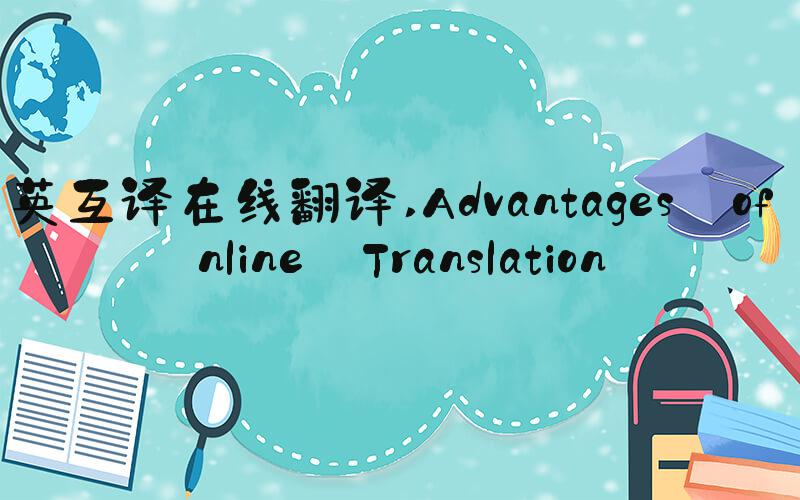
Online Translation: A Blessing or a Curse?
Online translation has become a ubiquitous tool for most of us. Whether it be for work, study, or personal use, we rely on online translation services to communicate with people who speak different languages. However, is it a blessing or a curse?
Advantages of Online Translation
One of the major advantages of online translation is convenience. We can quickly translate a text into a different language with just a few clicks. This saves us the time and effort of manually translating a document. Moreover, online translation services are often free, making it accessible to everyone regardless of their financial status.
Another advantage is accuracy. Online translation services have come a long way in terms of accuracy. With the help of machine learning and artificial intelligence, translation programs can now accurately translate sentences and phrases, making them almost as accurate as professional human translators.
Disadvantages of Online Translation
Despite its advantages, online translation also has its fair share of disadvantages. One of the main issues is the lack of context. Online translation services do not consider the cultural and social context of a text, leading to inaccurate translations that can distort the original message.
Another issue is the inability to translate idioms and complex sentence structures. Online translation programs are limited in their ability to recognize idiomatic expressions, which often have a different meaning than the literal translation. In addition, complex sentence structures can be difficult to translate, especially when there are subtle differences in word choice and tone.
Lastly, there is the issue of privacy and security. Online translation services require users to upload their documents, which raises concerns about privacy and confidential information. There is also the possibility of data breaches and hacking, which can compromise sensitive personal and business information.
The Future of Online Translation
Despite its challenges, online translation is here to stay. As technology continues to evolve, online translation services will become even more advanced and accurate. Machine learning and artificial intelligence will play a significant role in improving the accuracy and context of translations.
Moreover, online translation services will become more accessible and affordable, allowing more people to communicate with others from different parts of the world. As we become more globalized, the need for accurate and reliable translation services will only continue to grow.
Conclusion
Online translation is both a blessing and a curse. While it has made communication easier and more convenient, its limitations can lead to inaccurate translations that can compromise the meaning and message of a text. However, with advancements in technology, online translation services will become even more accurate and accessible in the future.
As we continue to rely on online translation services, it is important to be aware of its limitations and use it with caution. As the saying goes, "lost in translation" – inaccuracies can change the meaning of a text and even cause unintended consequences. Therefore, it is crucial to carefully review and proofread translations before sending them out into the world.

